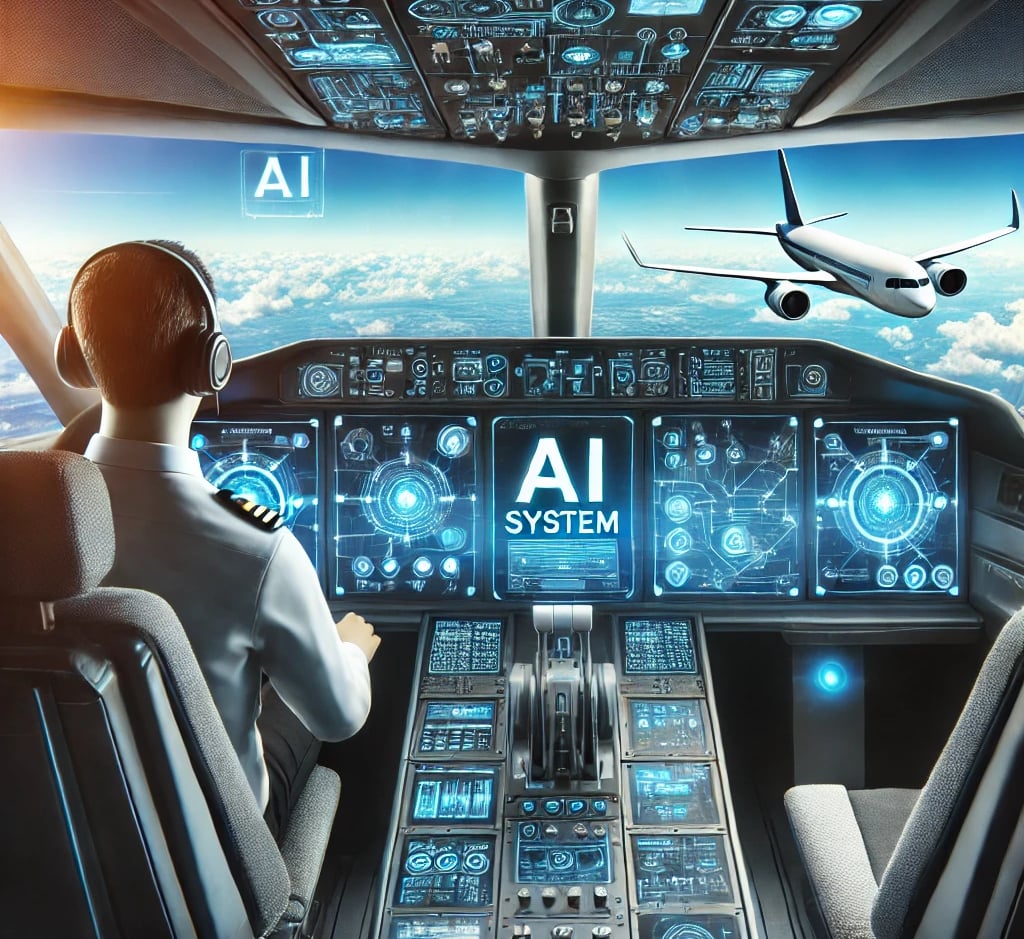The Integration of Artificial Intelligence in Aviation: Transforming the Skies
Exploring how artificial intelligence (AI) is revolutionizing the aviation industry, from enhancing operational efficiency to advancing autonomous flight capabilities.


Artificial intelligence (AI) has rapidly become a cornerstone of innovation across various industries, and aviation is no exception. The integration of AI into aviation processes is transforming how airlines operate, enhancing safety measures, improving passenger experiences, and even paving the way for autonomous flight.
Enhancing Operational Efficiency
Airlines are leveraging AI to optimize numerous operational aspects. Predictive maintenance, for instance, utilizes AI algorithms to analyze data from aircraft sensors, forecasting potential mechanical issues before they become critical. This proactive approach reduces unexpected delays and maintenance costs. Additionally, AI-driven flight scheduling and route optimization help in minimizing fuel consumption and improving on-time performance, benefiting both airlines and passengers.
Advancements in Safety
Safety remains paramount in aviation, and AI contributes significantly to this domain. Advanced AI systems can process vast amounts of data from past incidents and current flight conditions to predict and mitigate potential risks. For example, AI can assist in monitoring pilot alertness and provide real-time feedback, thereby reducing human error. Moreover, AI-powered air traffic management systems are being developed to enhance the efficiency and safety of increasingly crowded skies.
Improving Passenger Experience
The passenger experience is also being enriched through AI applications. Personalized services, such as tailored in-flight entertainment and customized communication, are made possible by AI analyzing passenger preferences. Chatbots and virtual assistants powered by AI provide instant support for booking inquiries and customer service, making travel more convenient. Furthermore, AI aids in streamlining security procedures at airports, reducing wait times and enhancing overall satisfaction.
Autonomous Flight: The Future of Aviation?
One of the most intriguing developments is the exploration of autonomous flight. While fully autonomous commercial flights are not yet a reality, significant strides are being made. AI systems capable of handling specific flight operations, such as autopilot functions and navigation, are already in use. Research is ongoing to develop AI that can manage entire flights without human intervention, potentially revolutionizing cargo transport and, eventually, passenger flights. However, challenges remain, including regulatory hurdles, technological limitations, and public acceptance.
Conclusion
The integration of artificial intelligence into aviation is ushering in a new era of efficiency, safety, and innovation. As technology continues to evolve, the possibilities for AI in aviation are vast, promising a future where air travel is more seamless and advanced than ever before.